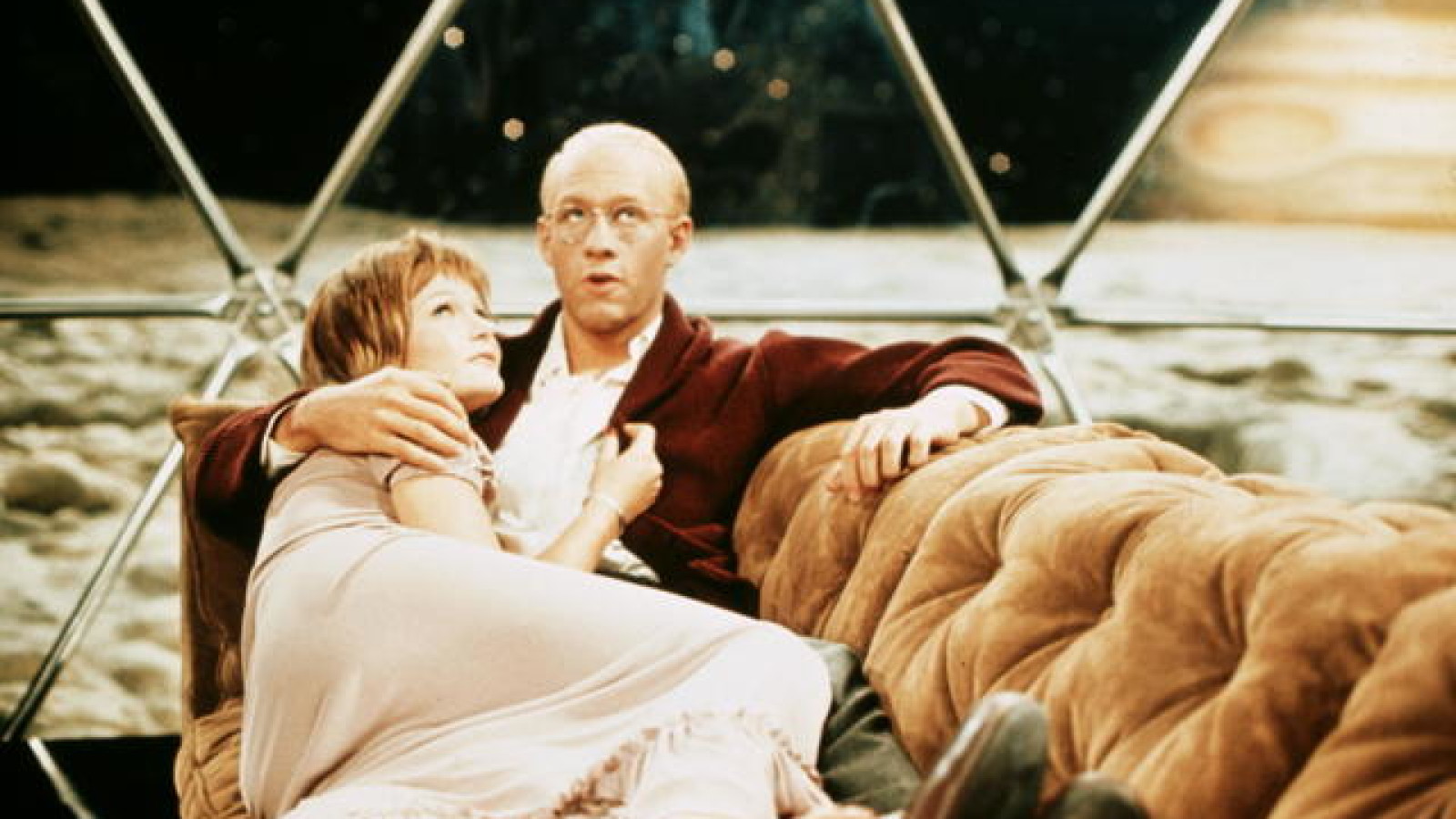There are some things that are just accepted about movies. The original is always better than the sequel is just one example of something all movie lovers know. The reason for this is simple. More often than not, it is true. Aside from outliers like The Empire Strikes Back and Terminator 2, sequels are unable to capture the magic of their predecessors. Another supposed truism is the book is always better than the movie.
It is hard to argue against the statement. Along with regular Stephen King adaptations, movies like The Golden Compass and Dune have proved over and over again how difficult it can be to translate the written word to the big screen. There are always exceptions – A Clockwork Orange and Fight Club are fantastic films – yet more often not, moviegoers are left saying, “the book is better”.
The 1972 film adaptation of Slaughterhouse-Five is another departure from the norm. Many times, the disclaimer, “the movie was good” will be used as in, “the movie was good, but the book was better.” This comments serves many purposes. It provides justification to liking the film while acknowledging the source material is still better while allowing the person to show off a deeper (and usually unnecessary for the film’s purposes) understanding of the story. It also insinuates the movie is inferior due to not being exactly like the author had written it.
This may be the biggest hurdle for movie adaptations. Audiences who are familiar with the original either want an exact duplicate or a complete reimagining. Anything in-between will be seen as not enough and insulting. This is where Slaughterhouse-Five differs from other movies from books. It leaves out key parts of the book without changing the story at all. It also manages to be a good film that keeps the spirit of Kurt Vonnegut’s landmark story.

Slaughterhouse-Five follows Billy Pilgrim. Pilgrim is a man who has become unstuck in time. The non linear story follows Pilgrim’s life. This includes his witnessing of the bombing of Dresden, his life before and after the war, and how he was able to somehow find peace in his life. Along the way, themes of fate, time, loss, death, and war are all visited.
Vonnegut’s book is arguably the greatest anti war story every written. The movie also does a great job of showing the effects of war on individuals. Slaughterhouse- Five may not be as in your face as other movies with a similar message, but it still gets the point across: war is bad, the people who run wars are worse, and the long term effects are frightening.
The movie also addresses one of the criticisms levied against the book. The story has been accused of having an air of defeatism and that even in the most horrible situations, humanity has no choice but to accept its preordianed fate. This is most seen most obviously in the phrase, “so it goes” which is used over one hundred times in the book. Pilgrim makes this comment in regards to death in a very nonplussed manner.

The phrase is nowhere near as prevalent in the movie. Still, there is never a sense that something has been lost or the story has been improved. For those who have read the book, it is surprising and to those who have not, it makes no difference. Slaughterhouse-Five remains a strong narrative with interesting characters. These seemingly large changes are subtle enough to go unnoticed until the movie has ended. It is an excellent job by director George Roy Hill.
“The book was better” is an easily accepted statement since it proves to be true so often. The times it does not apply are when the adaptations are completely different from the original story. Slaughterhouse-Five released in 1972 shows this does not always have to be the case. A film adaptation can be strong enough to stand on its own without making grand changes or sticking exactly to the script. Of course, “the book is better” is a permanent part of film critique.
So it goes.
Join the AIPT Patreon
Want to take our relationship to the next level? Become a patron today to gain access to exclusive perks, such as:
- ❌ Remove all ads on the website
- 💬 Join our Discord community, where we chat about the latest news and releases from everything we cover on AIPT
- 📗 Access to our monthly book club
- 📦 Get a physical trade paperback shipped to you every month
- 💥 And more!














You must be logged in to post a comment.